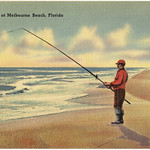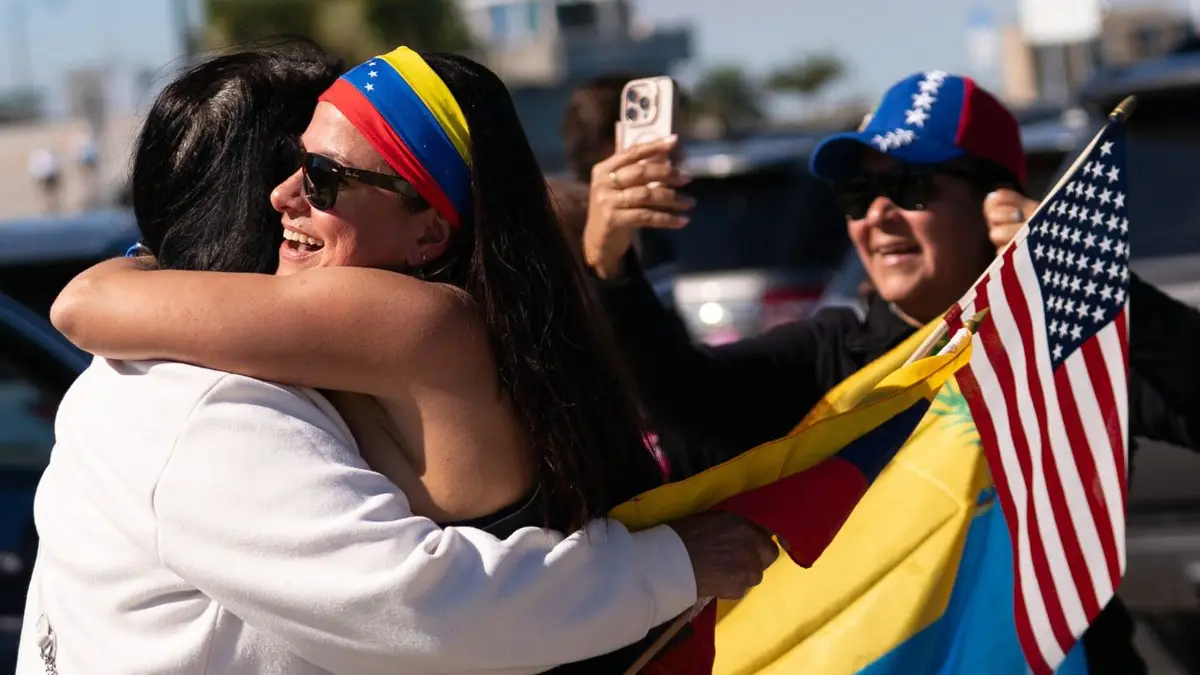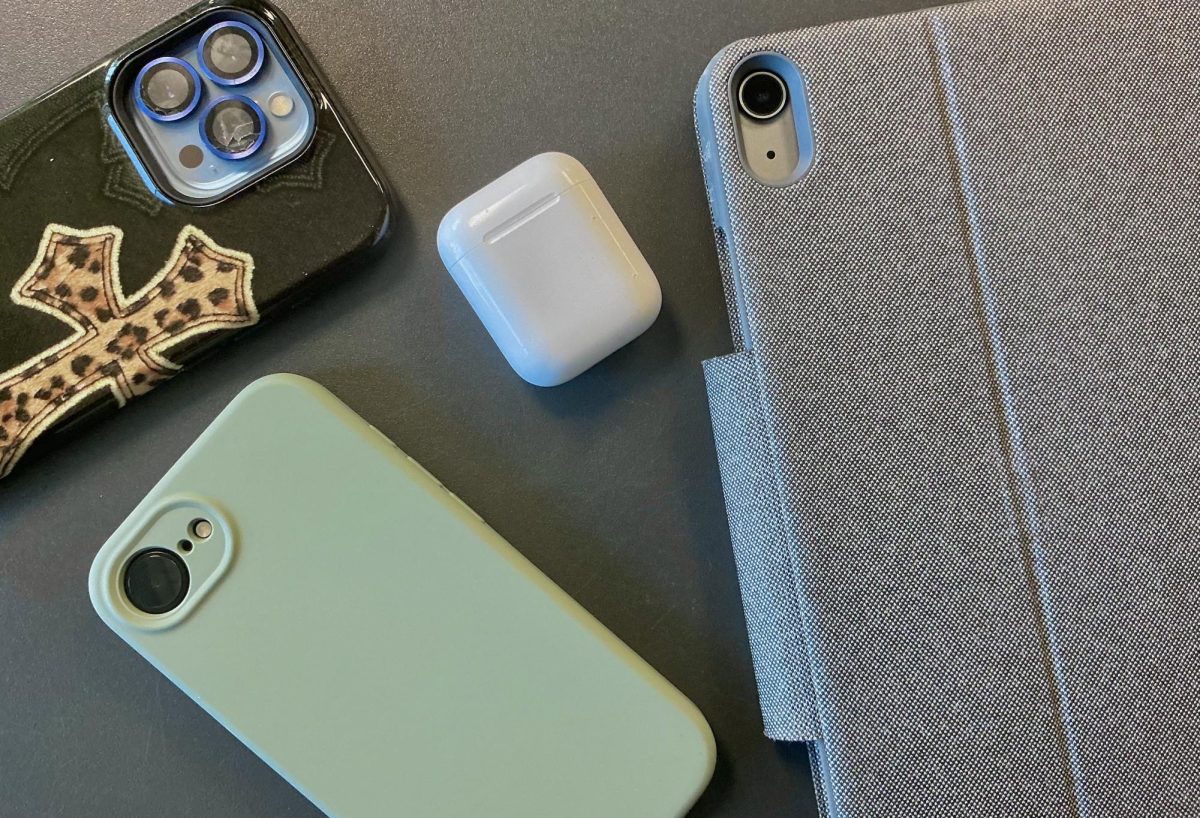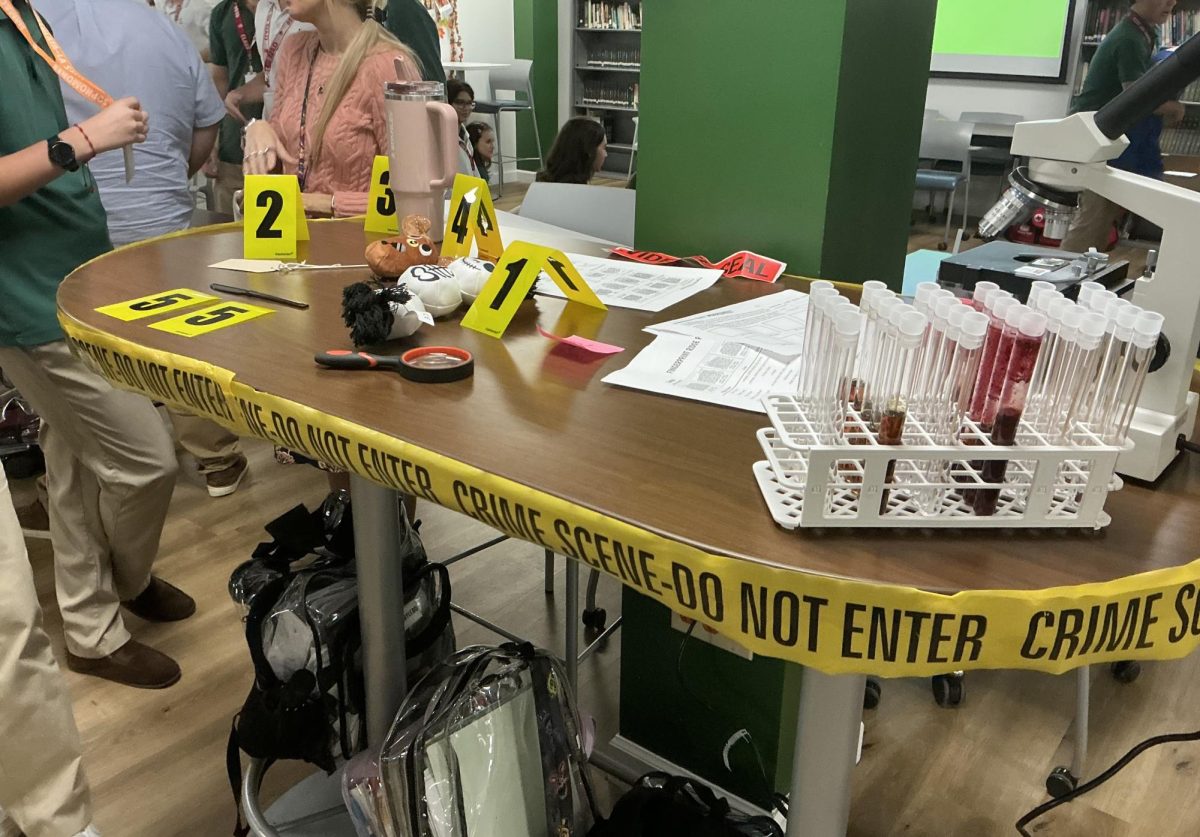A man fishing Navigating a vessel through the crystalline waters of the Florida Keys during the regular lobster season in late summer can feel as perilous as skiing a slalom gauntlet down a snowy mountain. Thousands of colored styrofoam buoys bob on the surface of the waves, each tethered to a long rope with a trap resting on the sandy bottom waiting for unsuspecting crustaceans to wander inside the wooden boxes. But this is not the common tourist renting a trap, it instead represents commercial fishing companies deliberately positioning thousands of lobster traps, pushing Florida’s lobster population to the brink.
Due to a preference for buying “wild-caught” fish, commercial fishing
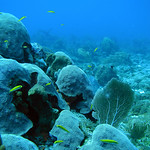
companies consistently overfish coastlines, resulting in barren areas and the destruction of entire coral ecosystems through net trawling. The coral in Florida has been decimated to the point where only 3% of its former abundance remains. Additionally, net trawling releases a significant amount of CO2 into the ocean due to the churning up of sediment.
“Manatees have suffered immensely due to the ecosystem being torn apart,” expressed alumnus Lia Suarez.
The detrimental impacts of commercial fishing extend beyond fish as manatees, dolphins, and turtles are also victims. Manatees have succumbed to starvation due to the scarcity of seagrass, turtles have become ensnared in trawling nets, causing severe damage when dropped onto ships’ decks, and dolphins are routinely entangled in fishing lures and nets.
Addressing these issues is urgent, as the delicate balance of marine life in the Florida Keys teeters on the edge of irreversible damage. Collaborative efforts are indispensable to preserve the beauty and biodiversity of these waters for future generations. Awareness, advocacy, and sustainable practices are crucial components in mitigating the adverse effects of commercial fishing and restoring the health of this unique and invaluable ecosystem.


